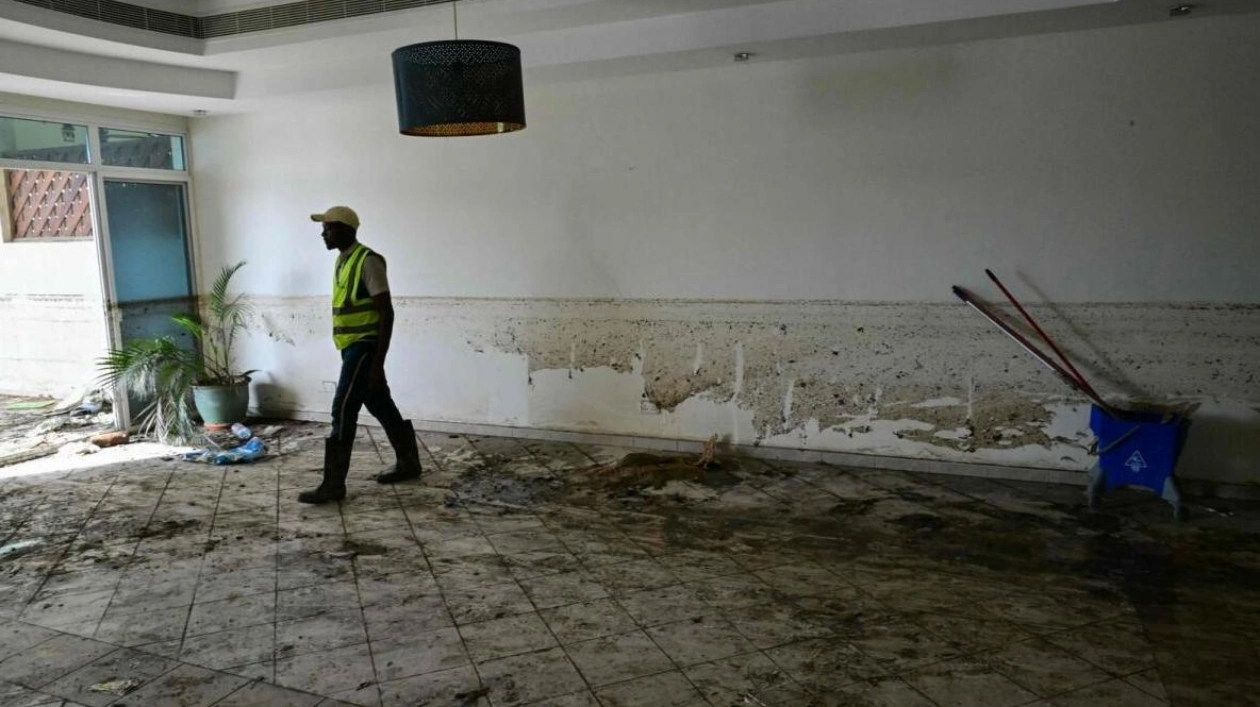Profits for UAE insurance companies might decrease by up to 25% in the second quarter as a result of the heavy rains on April 16, which led to significant property and vehicle damage for residents. Smaller firms are anticipated to encounter liquidity and solvency challenges due to these exceptional rainfalls. Industry experts predict that the highest rainfall in 75 years in the UAE could lower insurers' profits and might even result in some companies facing losses, although investment income could help offset these losses.
Following the April rains, insurers experienced a substantial rise in claims for automobiles, villas, and commercial properties. Industry insiders estimate that up to 100,000 vehicles were damaged during the event. The combined impact of higher claims and increased reinsurance costs is expected to significantly reduce profits. Salman Shah, a senior consulting actuary at Lux Actuaries and Consultants, noted that profits could decline by 15-25% compared to the previous quarter, depending on the insurer's exposure and reinsurance arrangements.
According to Badri Management Consultancy, revenue for UAE-listed insurance firms increased by 24% to Dh8.5 billion in the first quarter of 2024, up from Dh6.9 billion in the same period the previous year. Profits after tax rose by 19% to Dh654 million in Q1 2024. Reinsurance coverage has been crucial in mitigating the financial impact of the April 16 rains, which severely affected the profitability of UAE insurers due to a significant increase in insurance claims.
Salman Shah highlighted that this situation has strained the financial resources of many insurance companies, particularly those with minimal reinsurance coverage or lower capital buffers. Guy Carpenter's updated estimate of insured losses amounts to $2.4 billion, with motor claims accounting for $250 million. The property claim estimate increased significantly from $650 million to $850 million, while motor losses remained close to the initial estimate. Other major lines affected include business interruption and travel insurance.
Shah also mentioned that while most insurers are expected to see a drop in profits rather than outright losses, smaller and less capitalized insurers might face liquidity and solvency issues. Larger insurers with diverse portfolios and substantial capital reserves are better positioned to absorb the shock without incurring losses. Badri Management Consultancy reports that solvency levels among companies are increasingly under pressure, with 6 out of 25 firms that disclosed their solvency in Q1 2024 failing to meet the criteria.
Insurers have responded by increasing motor rates to cover losses and higher expected reinsurance costs, aiming to improve future business profitability. Investment income is also expected to help offset the impact of the floods. Jessica Botelho-Young, associate director at AM Best, noted that the UAE floods will affect insurers' profitability in 2024, especially those with greater exposure to motor comprehensive risks in Dubai. She added that many insurers' losses for the quarter could be partially mitigated by investment income, which increased from Dh559 million in Q1 2023 to Dh754 million in Q1 2024.






